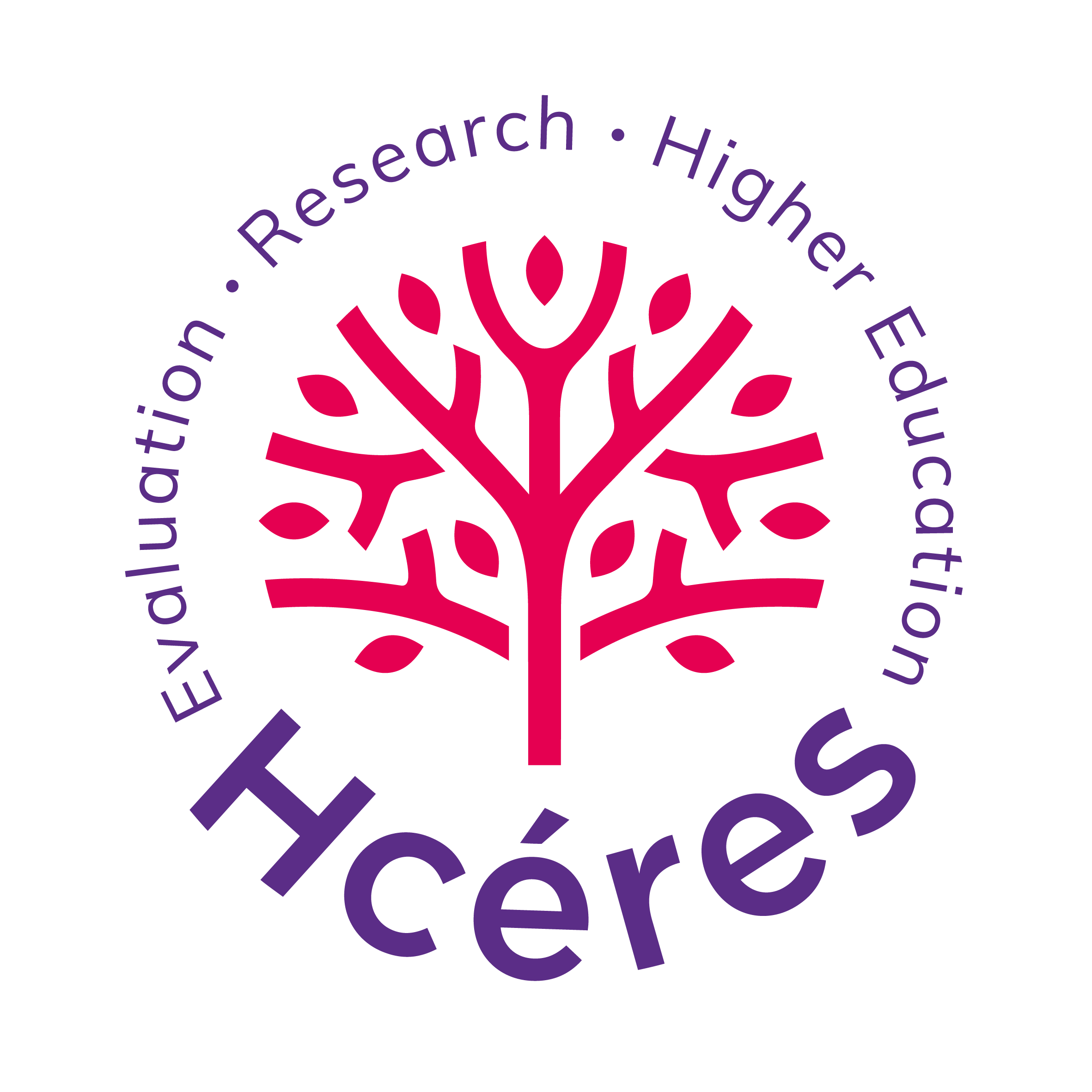International, Evaluation
External evaluation of Hcéres: European recognition renewed
Published on
The Hcéres quality approach, within the framework of the Bologna Process for the construction of a European Higher Education Area, is based on the complementarity between self-evaluation and external evaluation. It ensures continuous improvement in the High Council’s practices and contributes to its European recognition.
Complying with European Standards
The decisions of ENQA (14 January 2017) and EQAR (19 June 2017) were based on an external evaluation of the High Council by a panel of international experts. The decisions attest to Hcéres’ compliance with the European Standards and Guidelines (ESG) relating to quality assurance in higher education.
The report by the panel of experts particularly lauds “the establishment of a clear and robust quality cycle” and “the design of standards and criteria for programme and institutional evaluation, addressing employability of students and doctoral students”.
This European recognition is of crucial importance to the High Council and the organisations it evaluates, as it boosts the credibility of the French research and higher education system and contributes to raising the international profile of the High Council.
Self-evaluation, the first element of the quality approach
This European recognition ends a process launched in 2015 and which included three key stages: a self-evaluation, the visit by the panel of international experts (11-13 July 2016) and the analysis of the external evaluation report by ENQA and EQAR.
Self-evaluation is a collective exercise and has contributed to the High Council’s quality approach by analysing the existing operations and practices and identifying avenues for development. A number of projects have already been started, including:
-
a complete overhaul of the appeal system and the establishment of a new appeals board;
-
the involvement of students in the evaluation panels for study programmes;
-
the revision and the publication of the policy for recruiting experts;
-
more rigorous adjustment of the standards to the requirements of the ESG;
-
consolidation of the training tools for experts.
A working party has been set up to oversee these projects and in the future it will be proactive in new developments. It will be particularly careful to take into account the recommendations made by the panel of experts.



